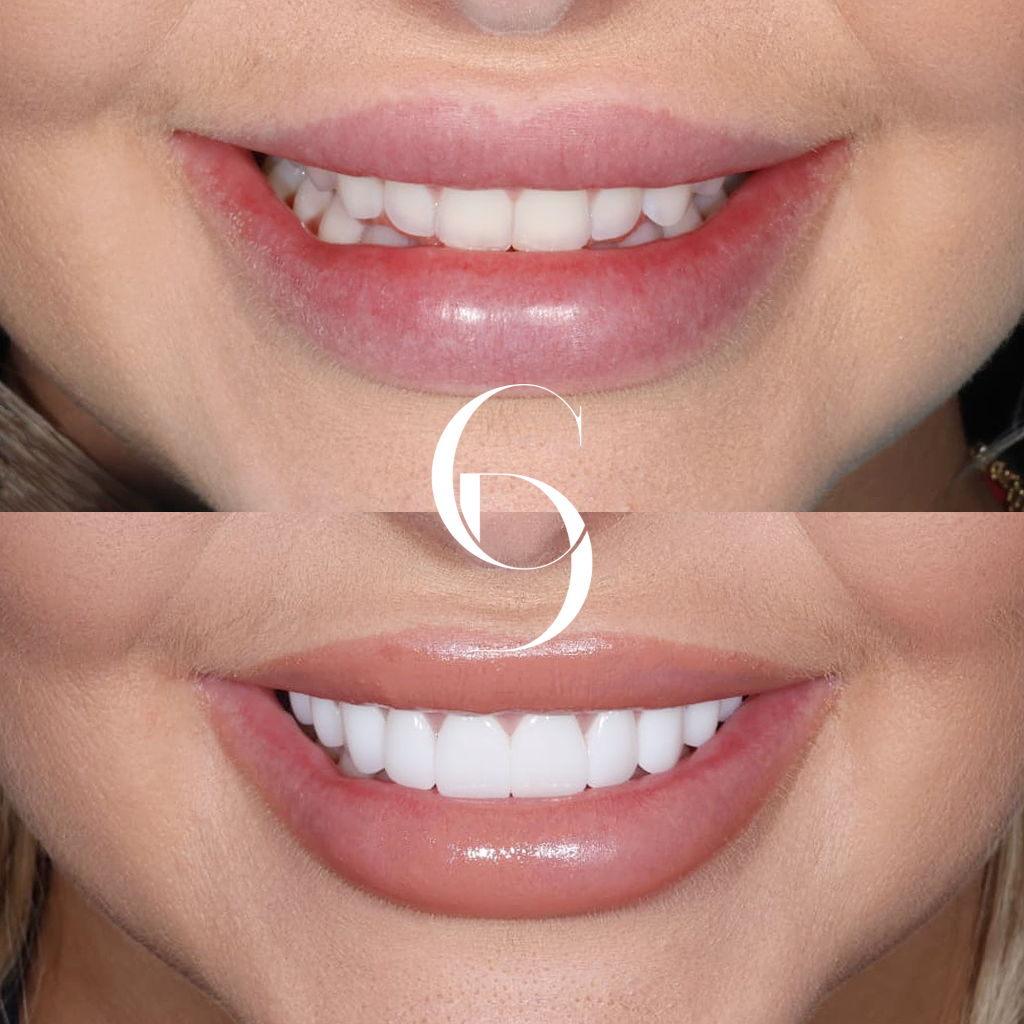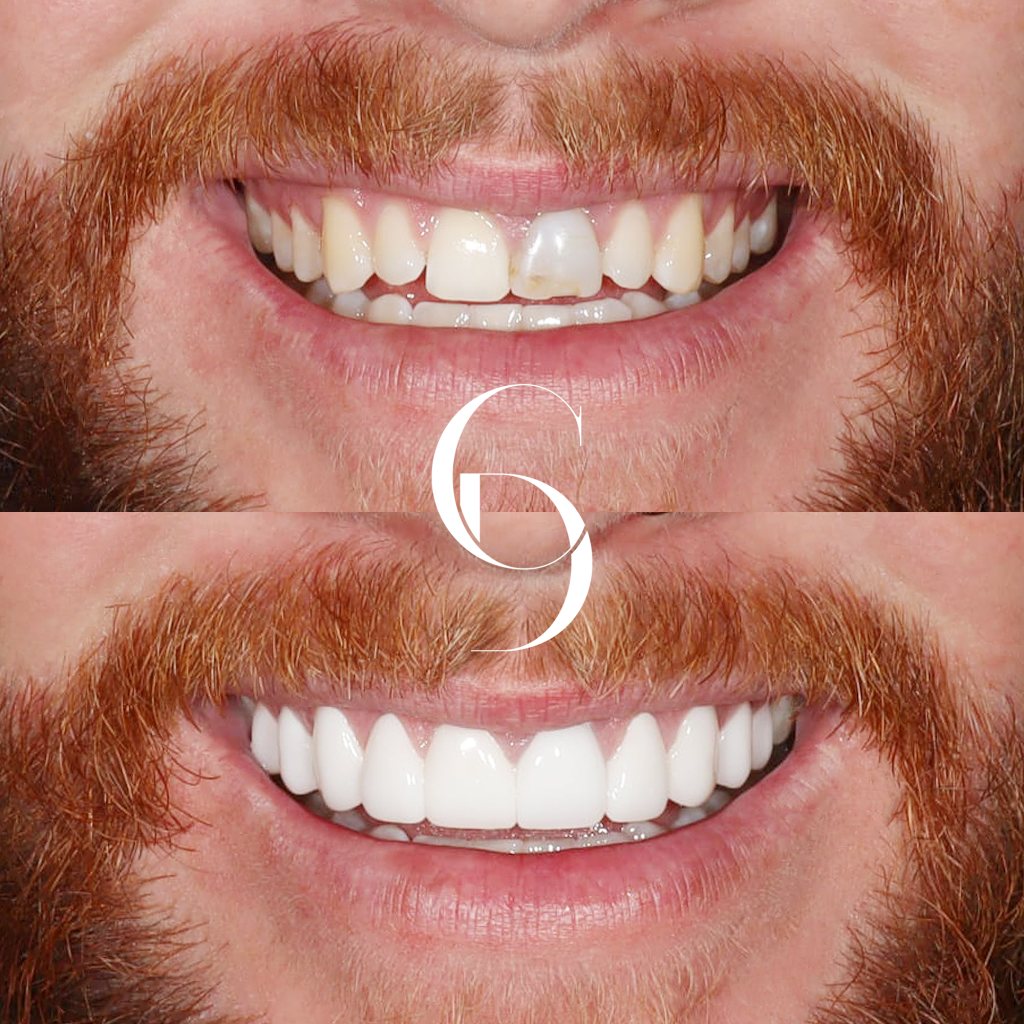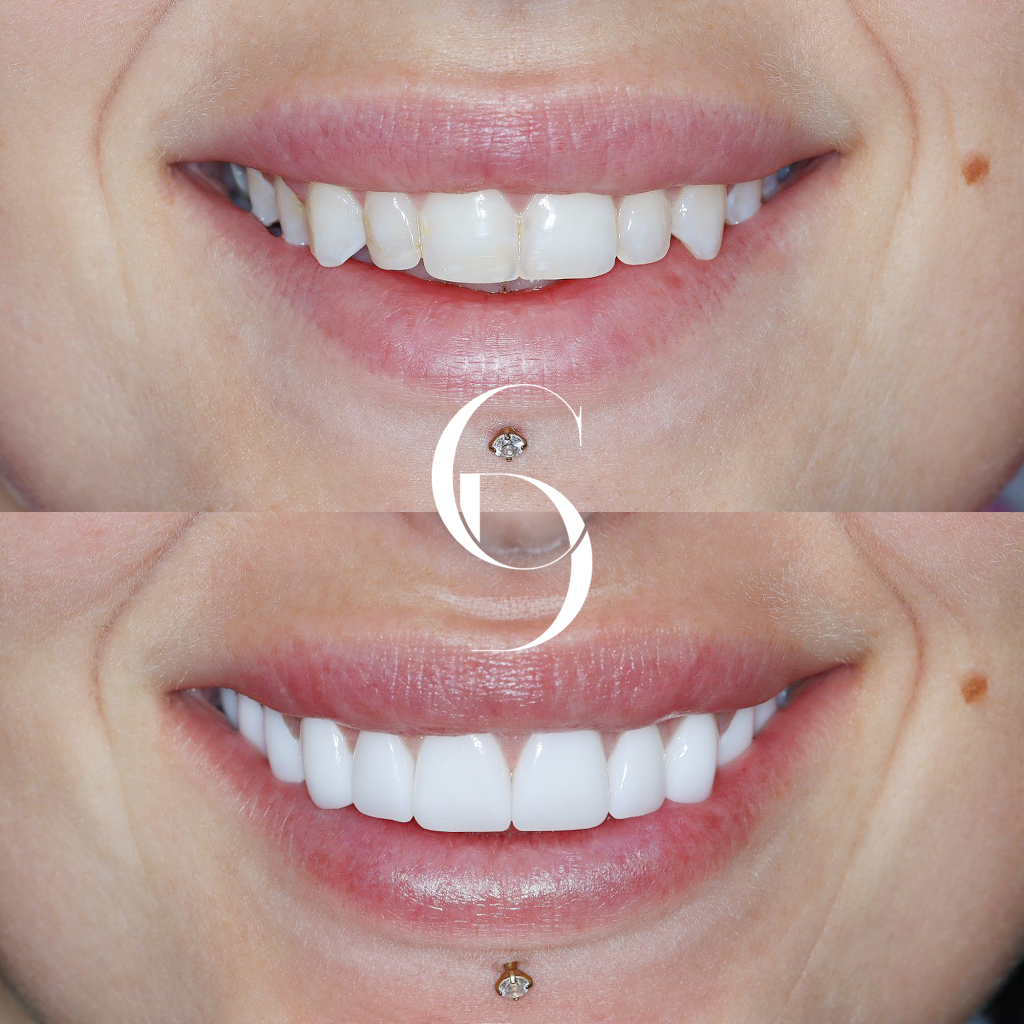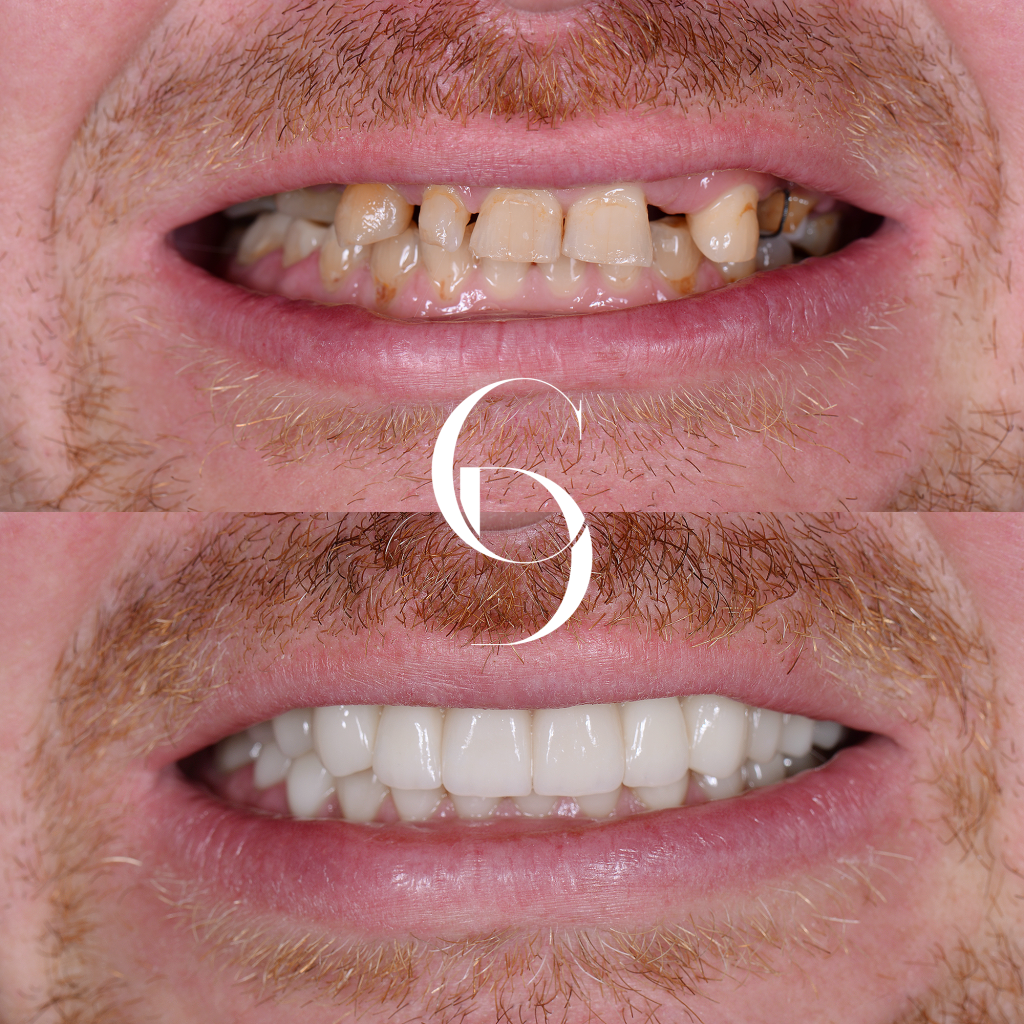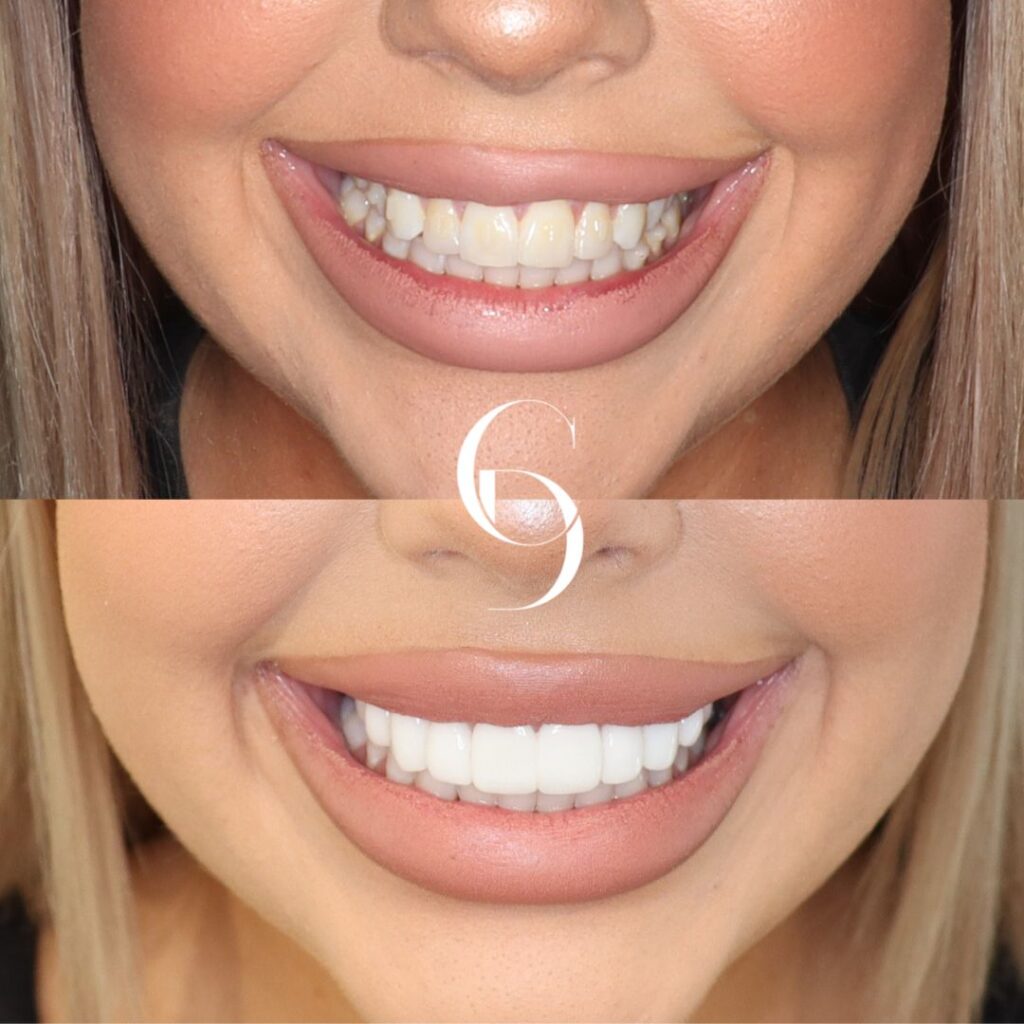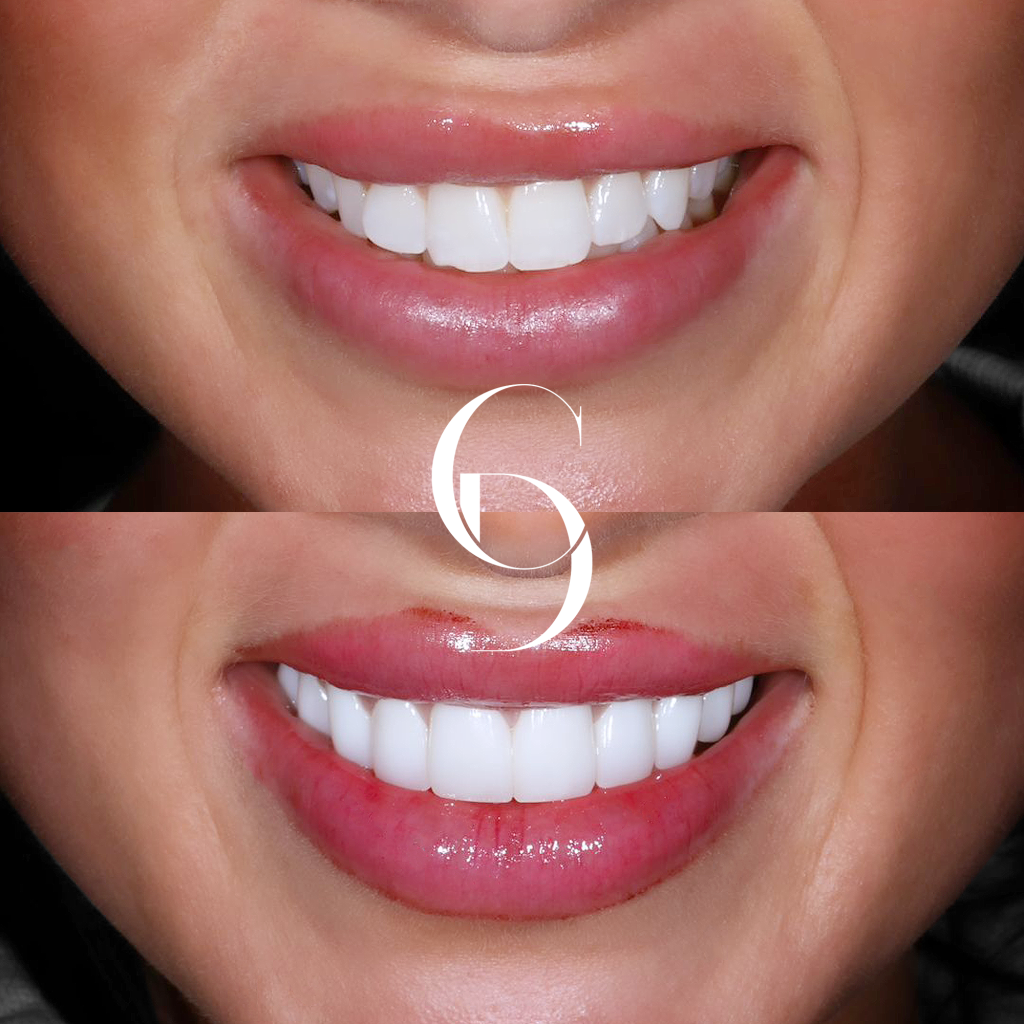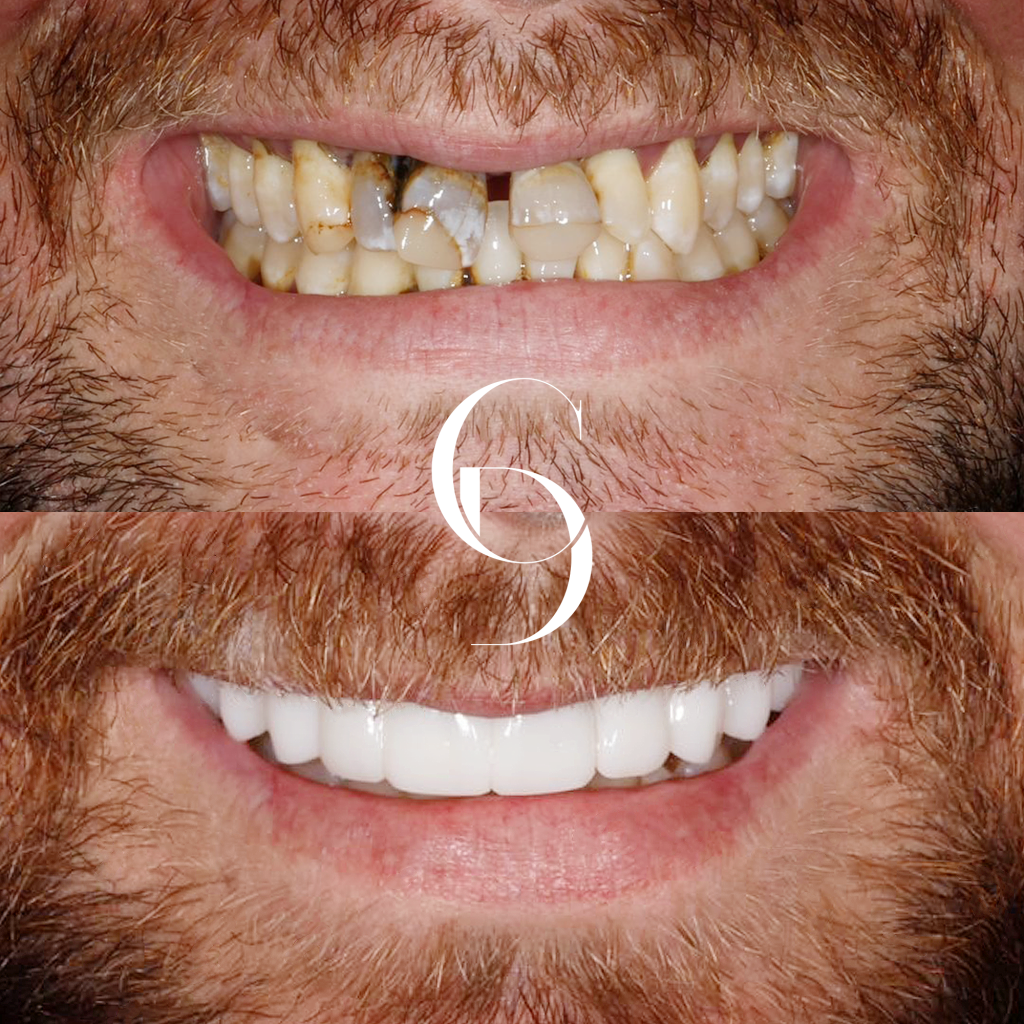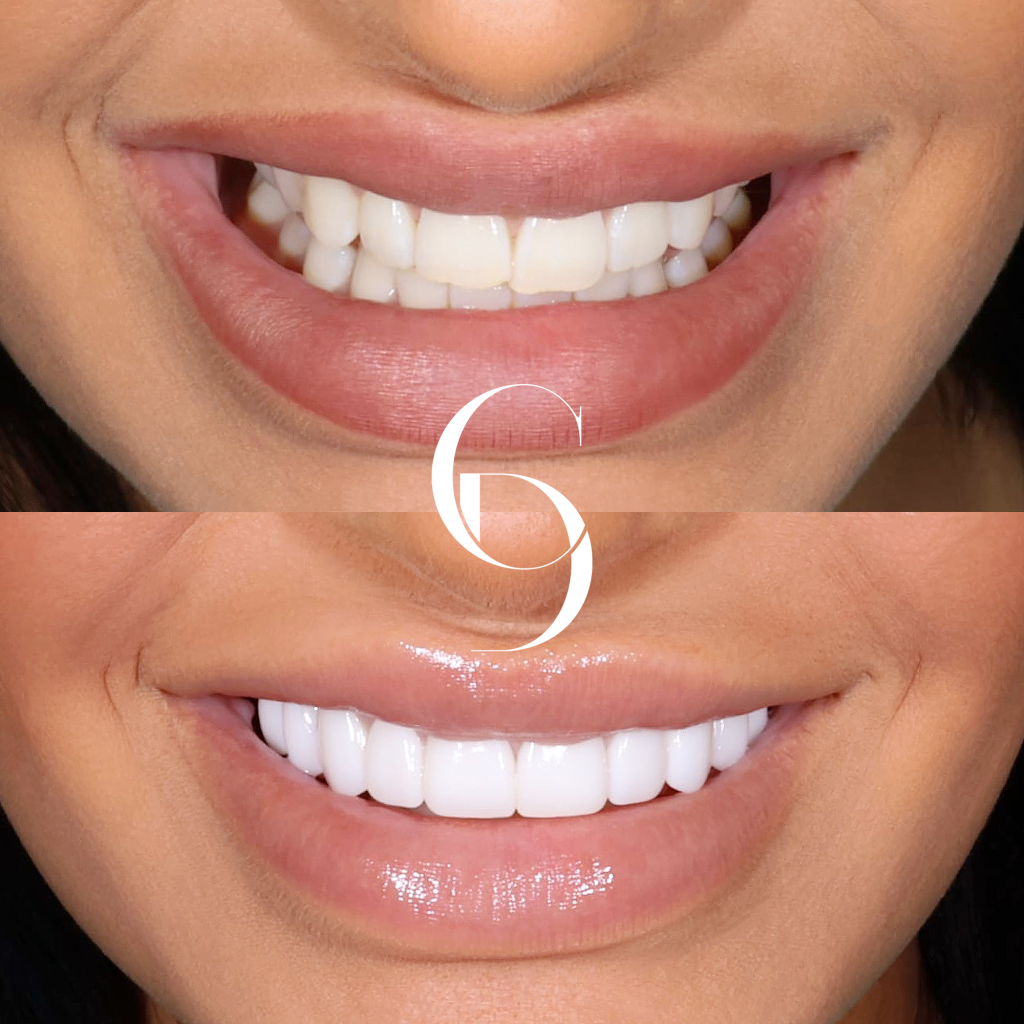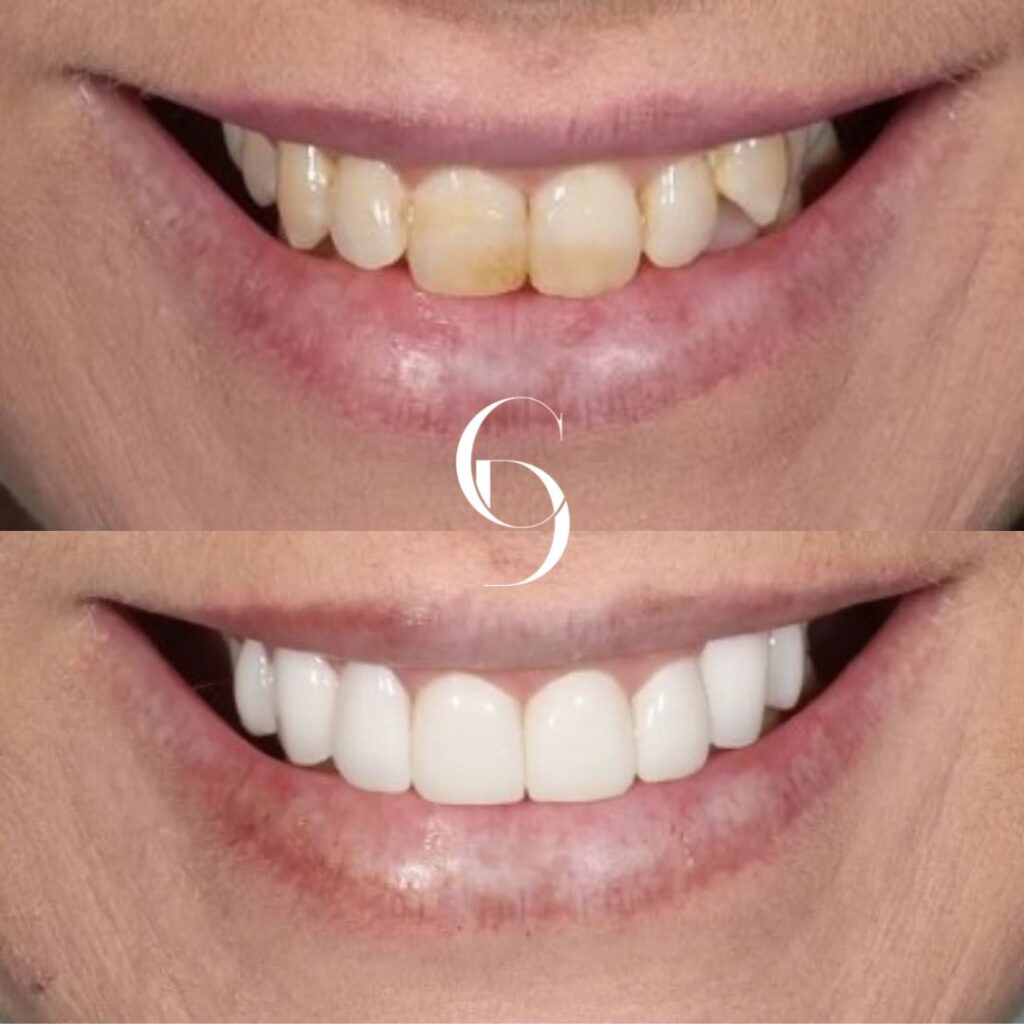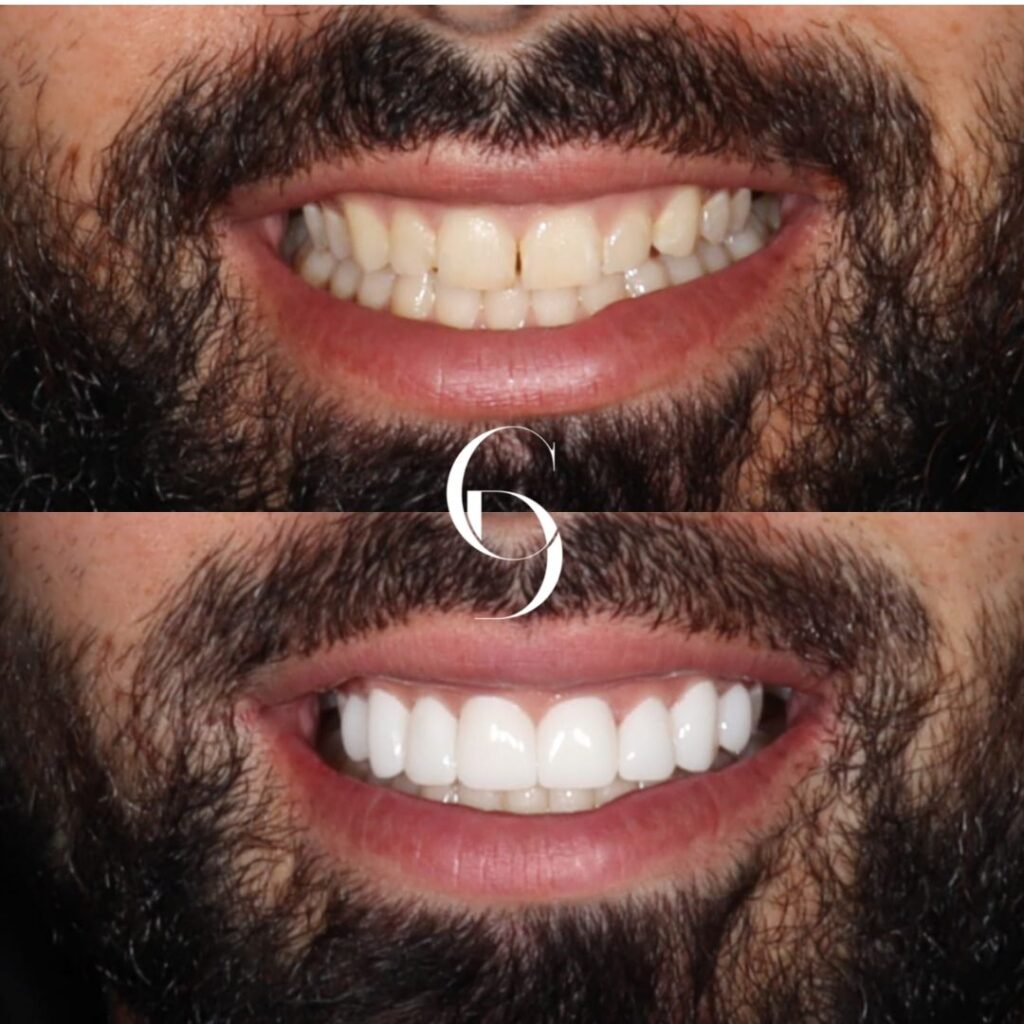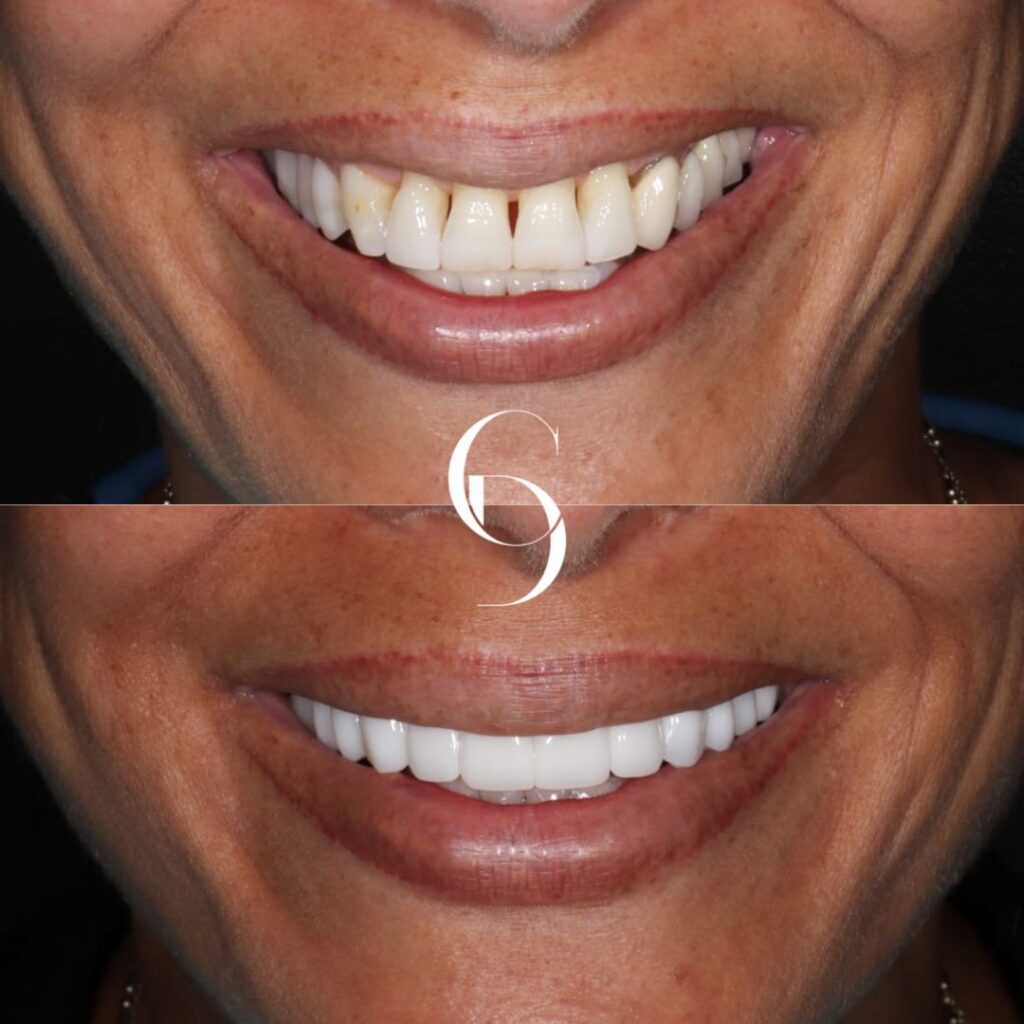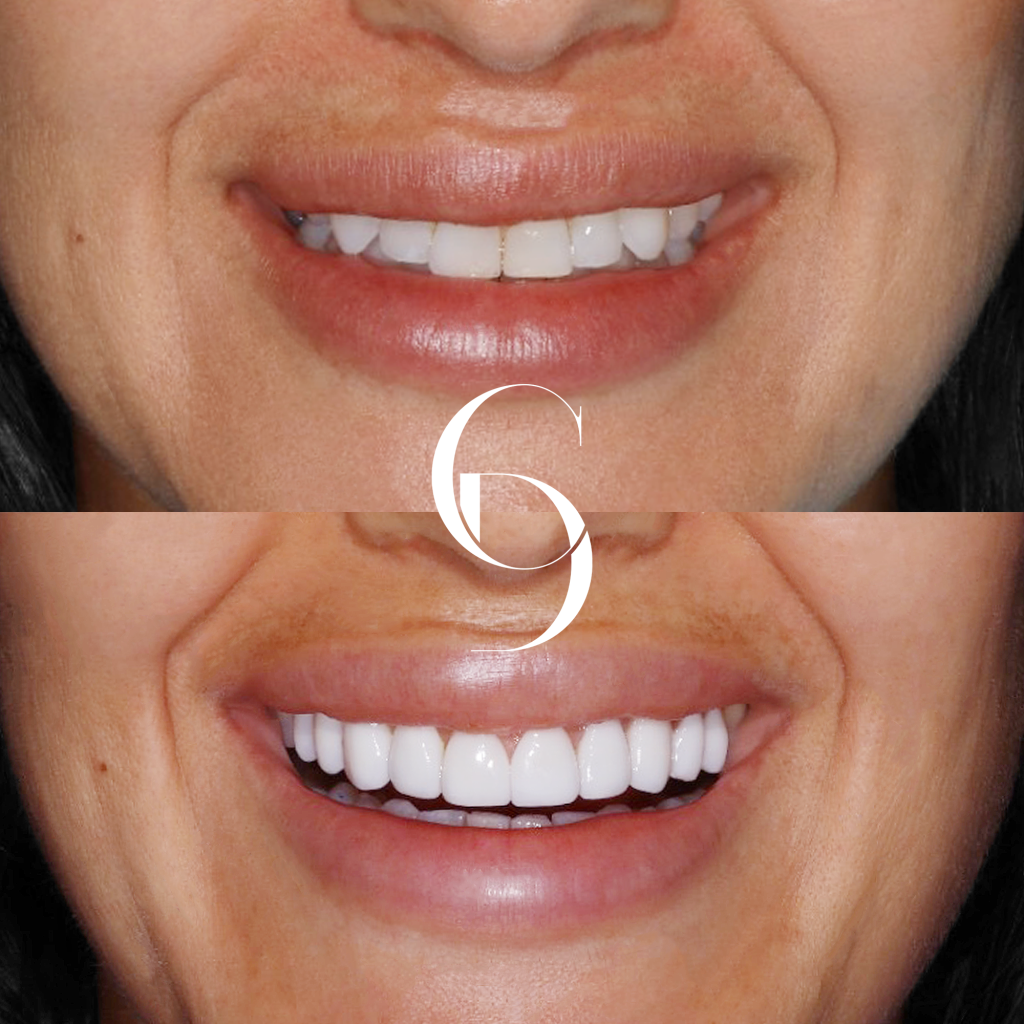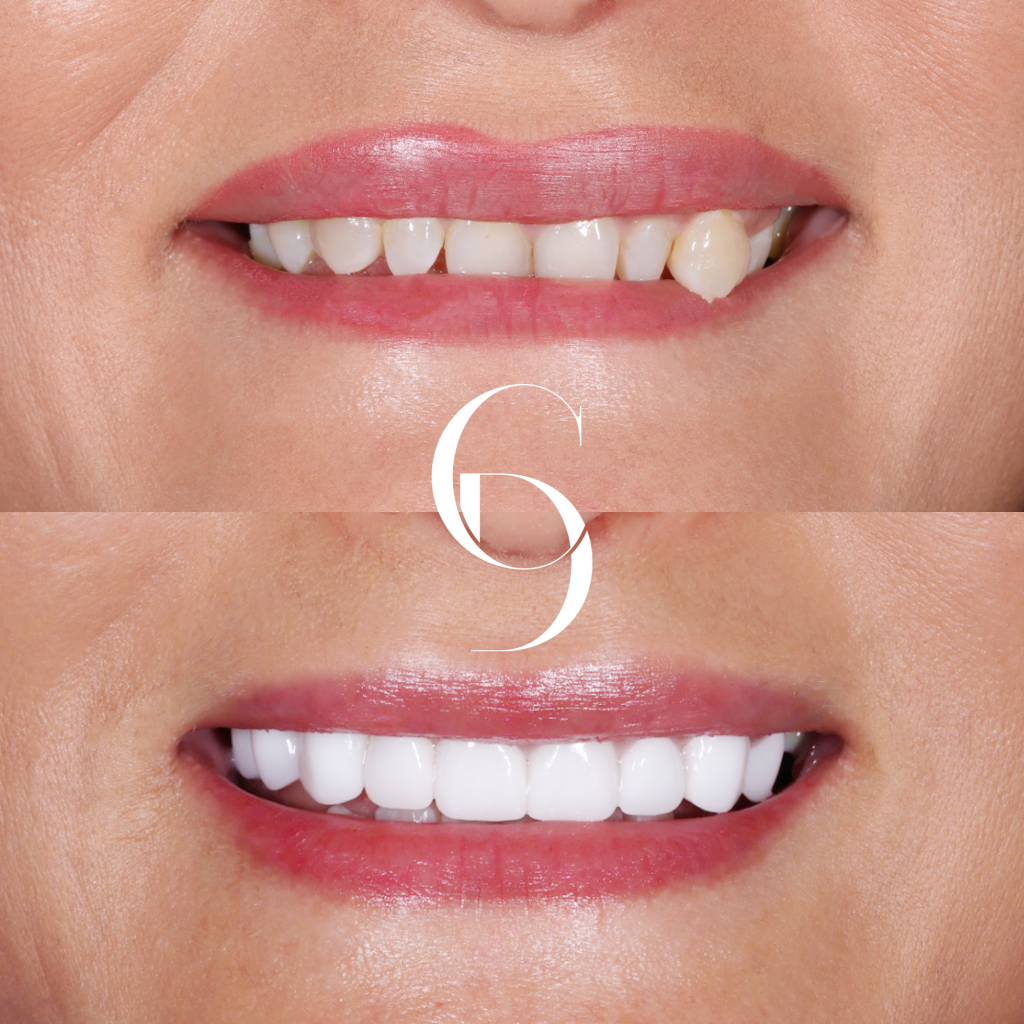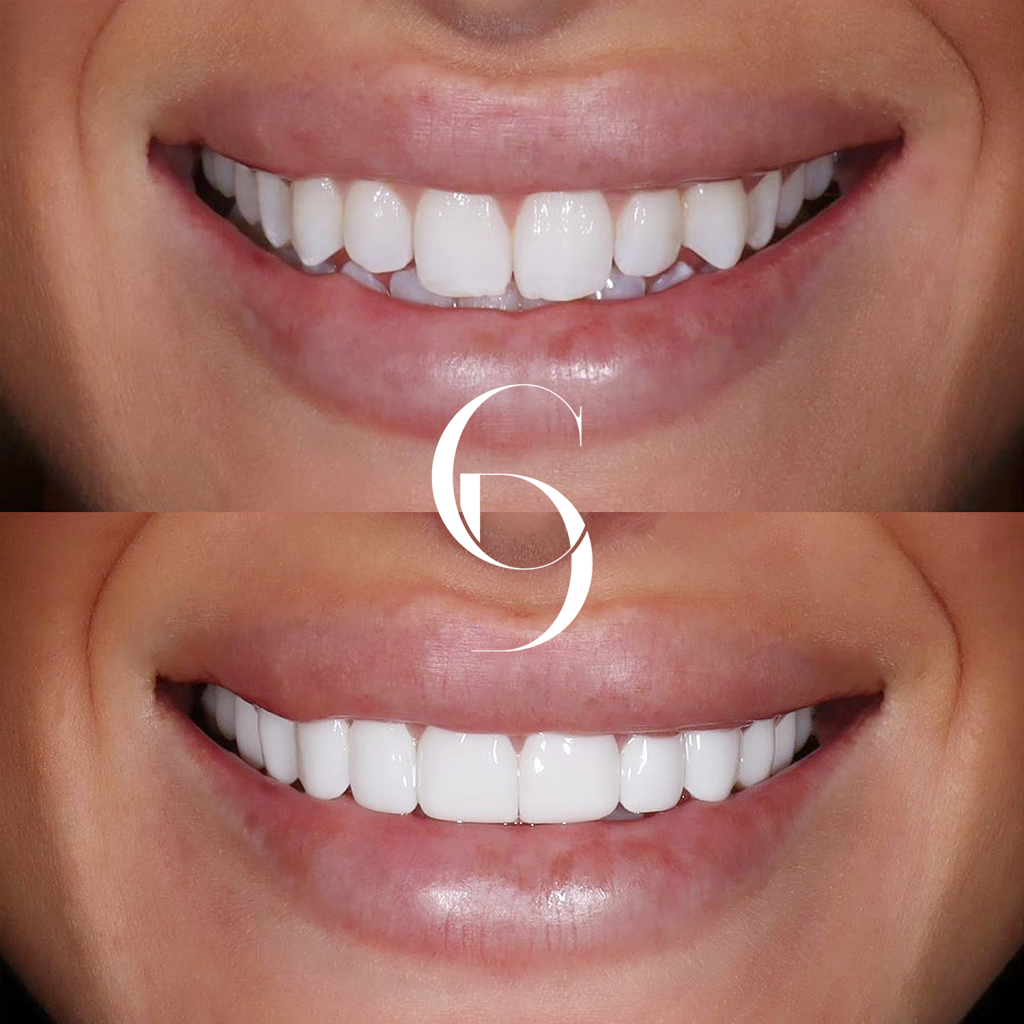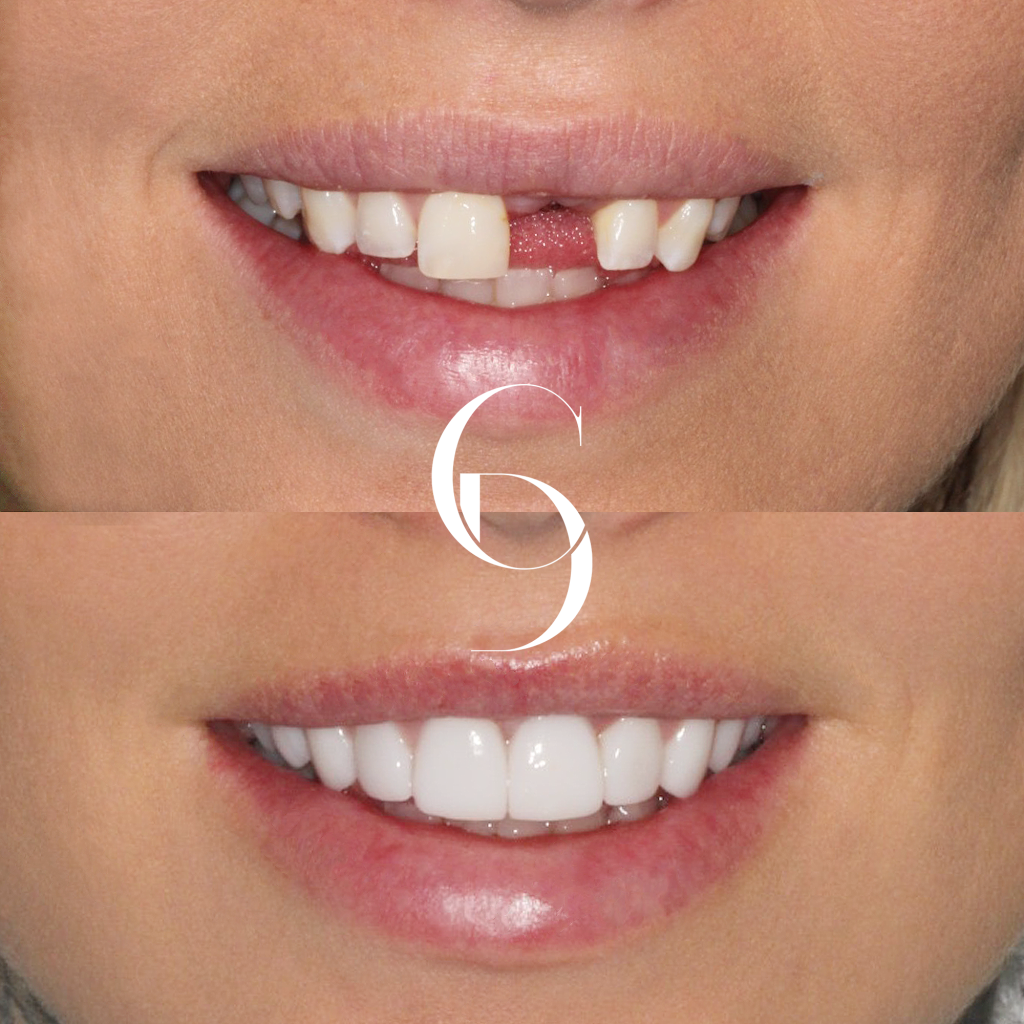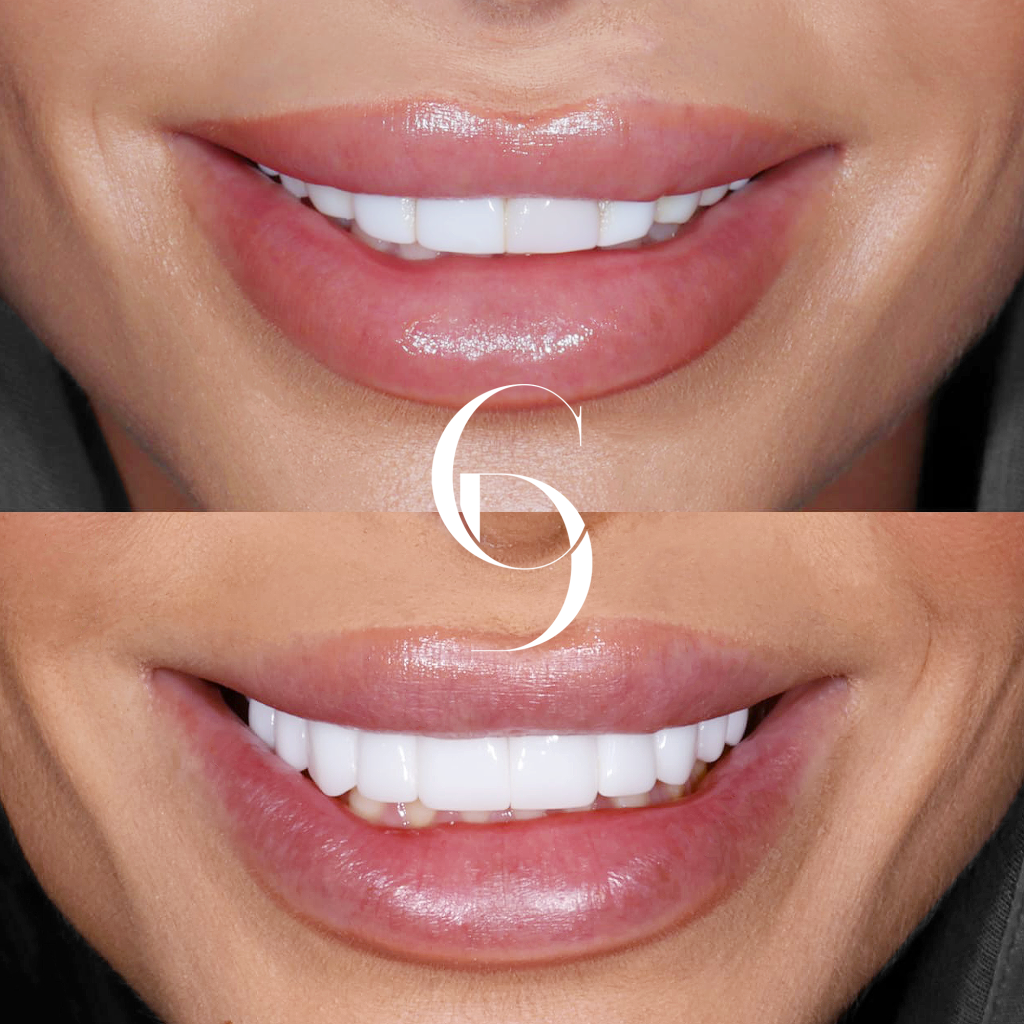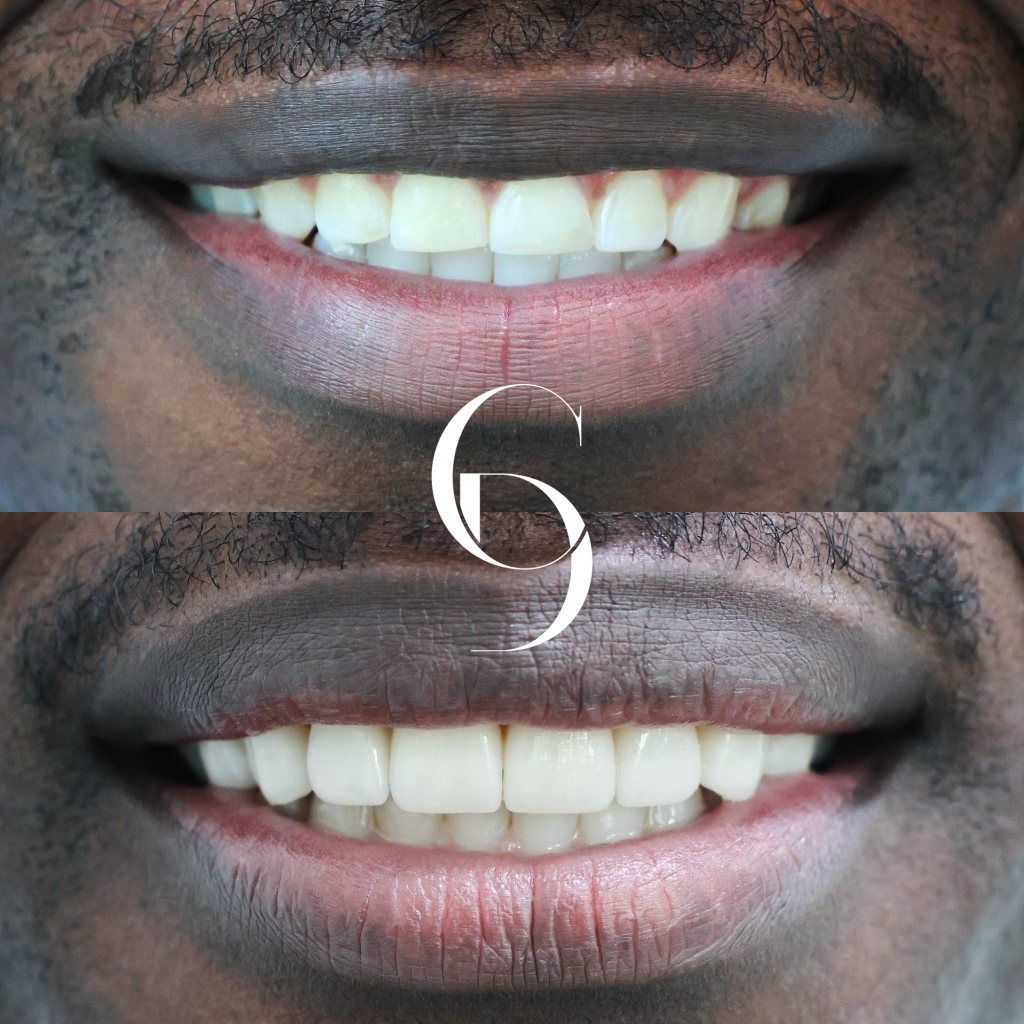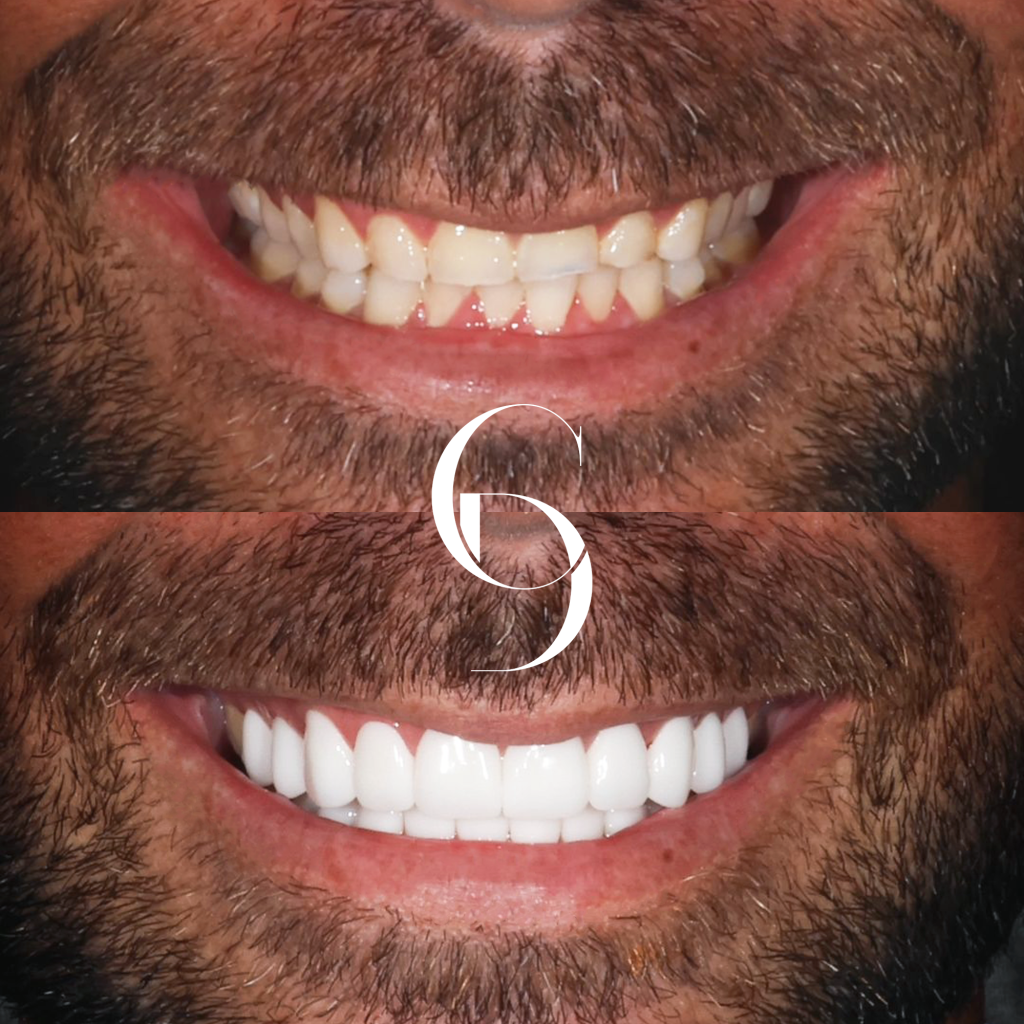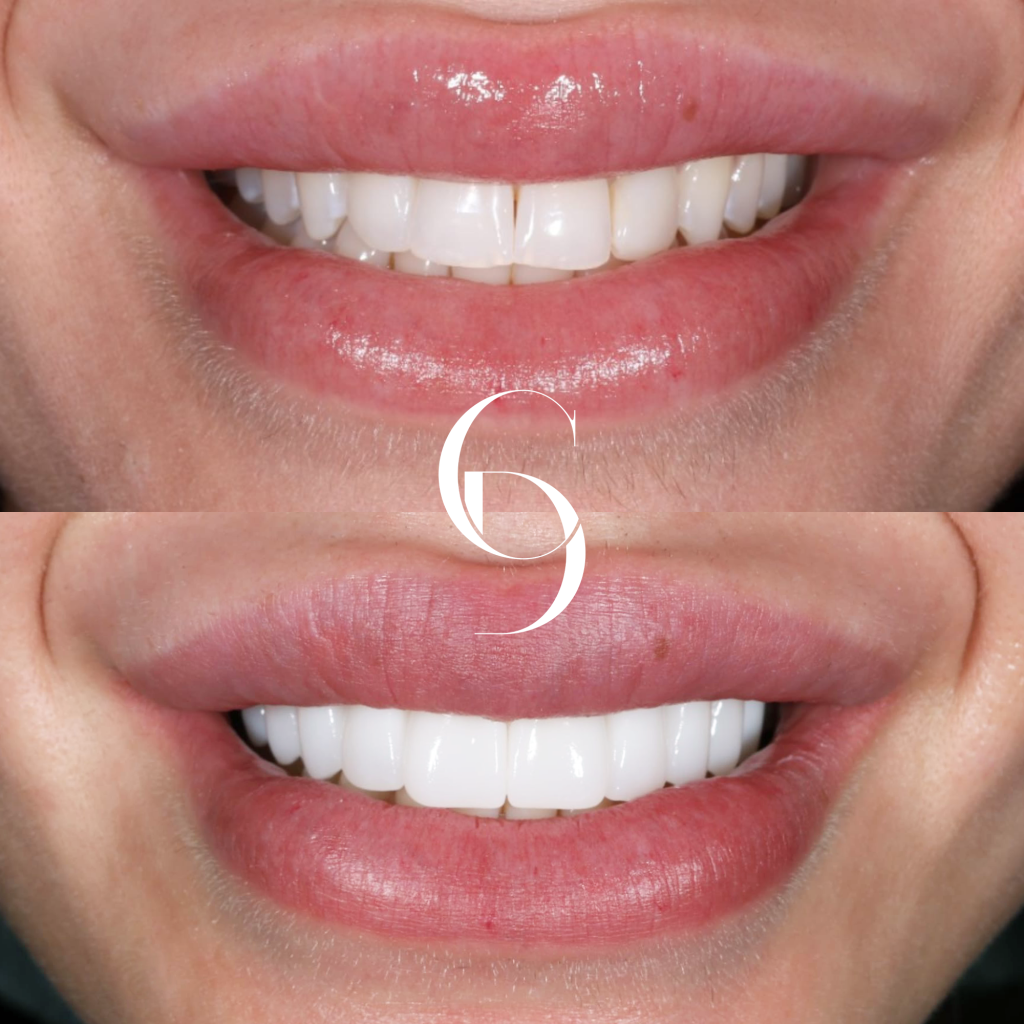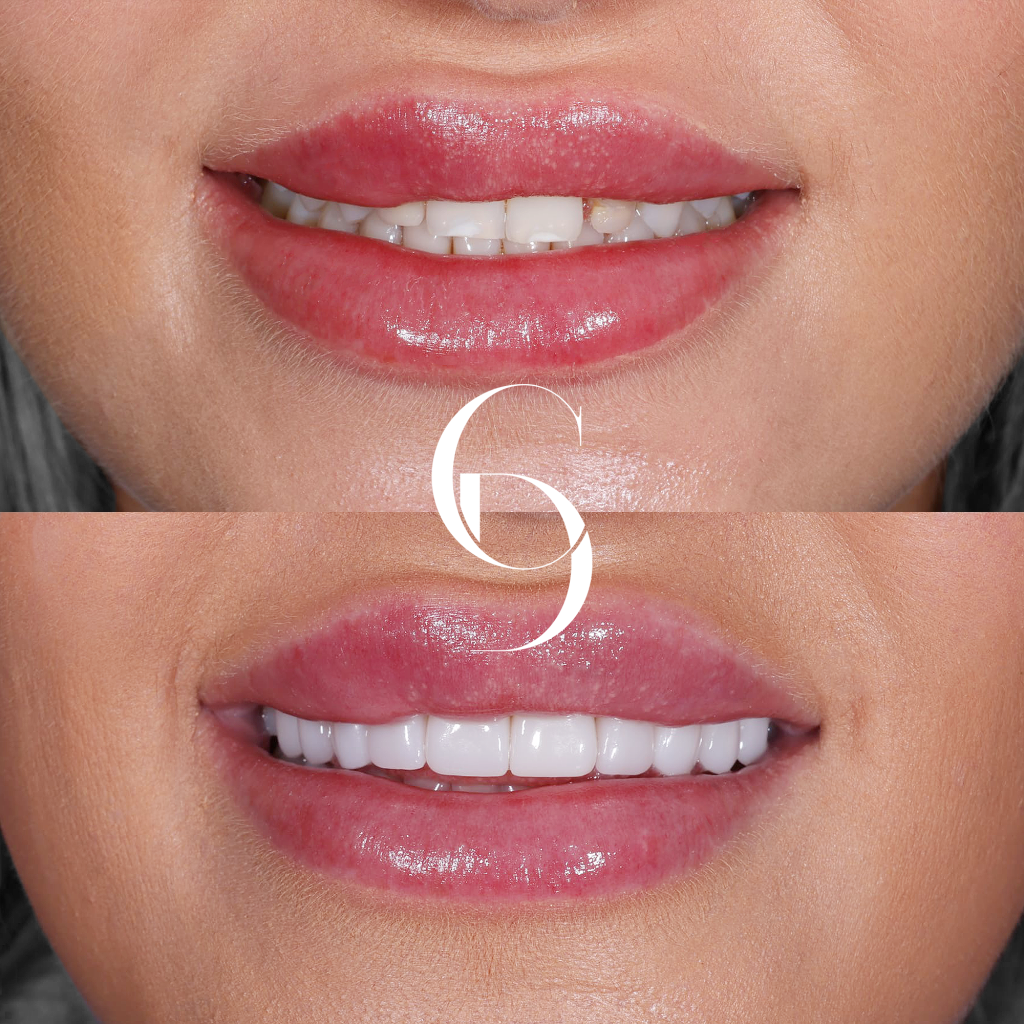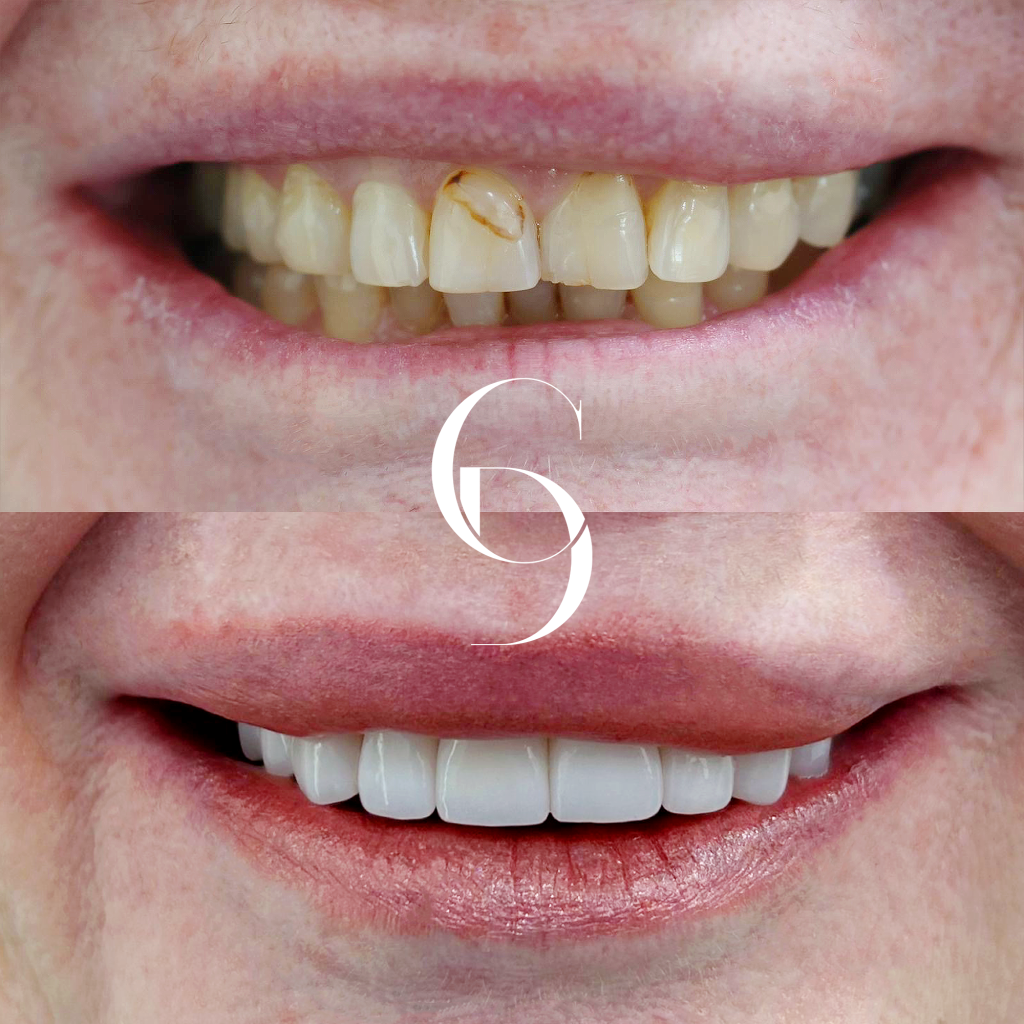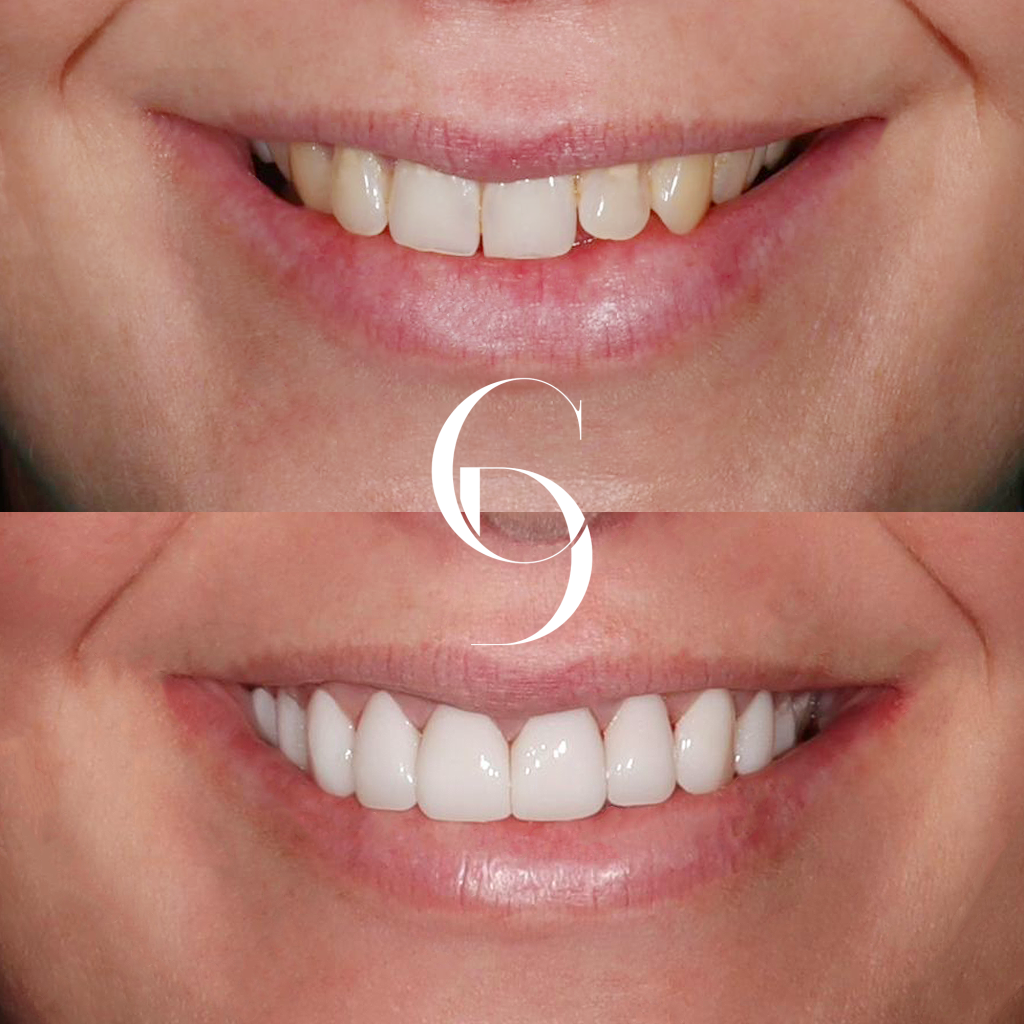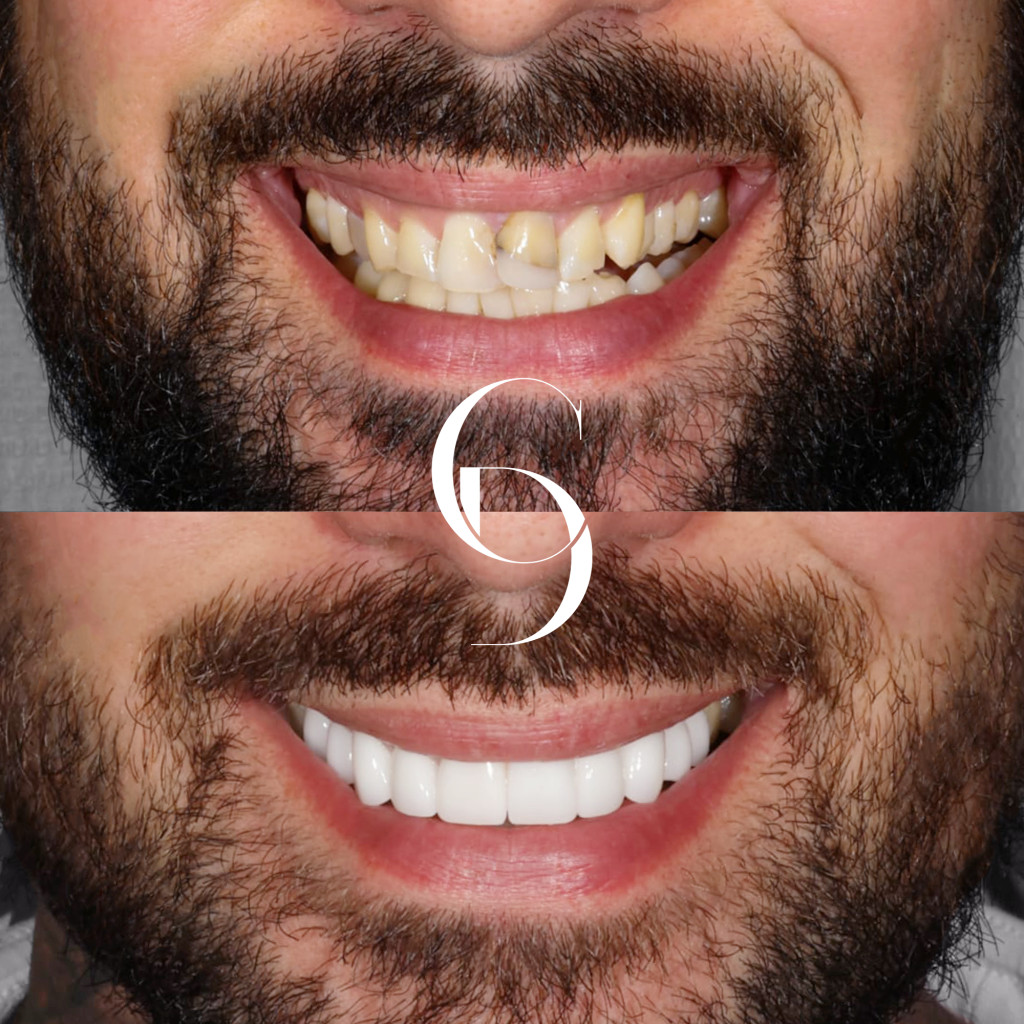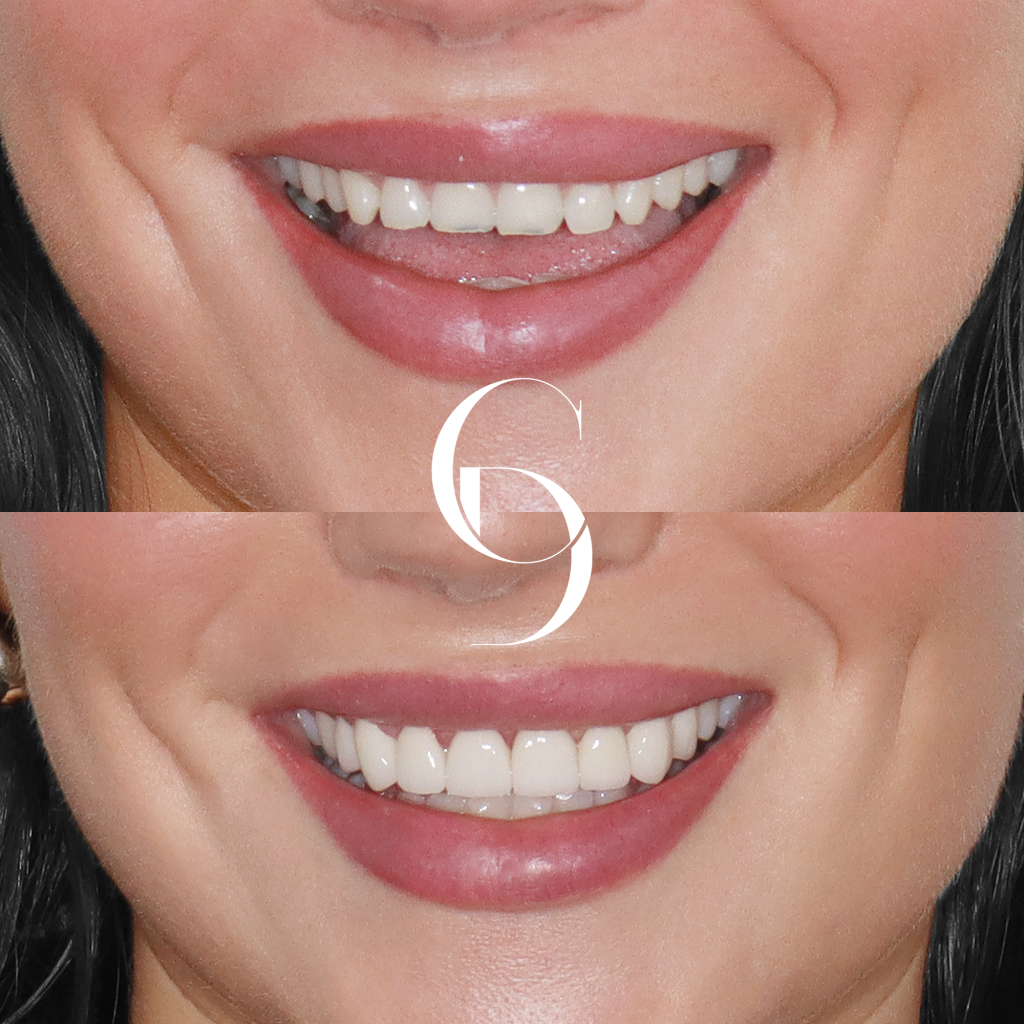It is quite common to hear someone around you unconsciously clenching their teeth while sleeping or awake while physically working hard or concentrating on something. This grinding of teeth is called Bruxism and happens to be common among children and young adults.
Why does it happen?
Although there is no definite reason why it happens, studies reveal that it is mainly because of factors like stress, anxiety, or misaligned teeth. If it goes untreated, it can lead to some serious repercussions for your oral health. Making you dependent on remedies like teeth veneers or even restorative surgeries.
Symptoms & Side Effects of Teeth Grinding
Loud Clenching
Loud clenching, which is often linked to bruxism, is the audible sound made when teeth are being ground or clenched, which can be upsetting to bed partners or family members. The need for dental or stress-related interventions to resolve the problem and its effects on others may be indicated by this noisy behavior, which might disturb sleep.
Tooth Sensitivity
A person with the habit of teeth grinding can have excessive sensitivity to hot, cold, or sweet foods and beverages as a result of enamel erosion and exposure to the underlying dentin.
Pain in Jaw
Facial muscle tightness, or discomfort, especially upon waking, is experienced too.
Jaw stiffness
It refers to a condition where people have trouble properly opening or closing their mouths and feeling stiff or like their jaw is locked.
Gum recession
Receding gums, exposing more of the tooth root, can make teeth more sensitive and put people at risk for periodontal disease.
Sleep Disturbances
Sleep patterns can be disturbed by bruxism, which can result in excessive daytime sleepiness or unexplained exhaustion.
Headaches
Recurrent tension headaches, usually originating in the temples or the back of the head, can be caused by excessive jaw muscle friction.
How To Stop Teeth Grinding
Following are the ways in which you can stop teeth grinding:
Mouthguards
Early bruxism is usually treated with an occlusal splint or bruxism night guard. The top teeth are covered by a thin plastic plate. When that happens, the patient can grind against it, wearing out the plate rather than their teeth. Wearing the guard alone can help lessen bruxism. A bruxism mouthguard is required once significant wear and fractures have taken place in order to heal broken, damaged, or missing teeth.
Medications
In certain serious cases, doctors can prescribe muscle relaxants and anti-anxiety medications. But it must be noted that these are temporary solutions as they also generate some side effects.
Dental Corrections
When teeth go out of shape, and there is a misalignment, then Porcelain veneers and orthodontic treatment are recommended. These treatments are designed to straighten the teeth and lessen the abnormalities in them.
Stress Management
As we have already said, stress can also be a reason for teeth grinding, which is why stress-reduction methods like counseling, relaxation training, or mindfulness meditation can help treat the condition.
Behavioral Therapies
People can recognize and change the behaviors that lead to grinding with the aid of cognitive-behavioral therapy (CBT). Any accompanying tension or anxiety can also be treated by such methods.
Physical Therapies
Physical therapy can help people with bruxism by treating jaw muscle tension. Therapists use ways to relax these muscles, lessening the pain that is usually associated with teeth grinding.
Diagnosis
For severe bruxism to be treated properly, a professional diagnosis is necessary. A thorough examination by a dental specialist is required to diagnose bruxism. An oral health assessment, questions concerning symptoms and oral hygiene routines, and a review of the patient’s dental history are all part of a dental examination.
To assess the degree of tooth wear or destruction in some circumstances, additional diagnostic methods like X-rays or sophisticated imaging are used.
Once a condition is identified, the best possible treatments are suggested. On the basis of diagnosed results, dentists suggest options like medication or veneers in Sydney.
Final words
The effects of bruxism on your dental health should not be underestimated despite the fact that it can appear to be a harmless habit. You can protect your smile and general health by getting an early diagnosis, acting quickly, and taking preventive actions.

